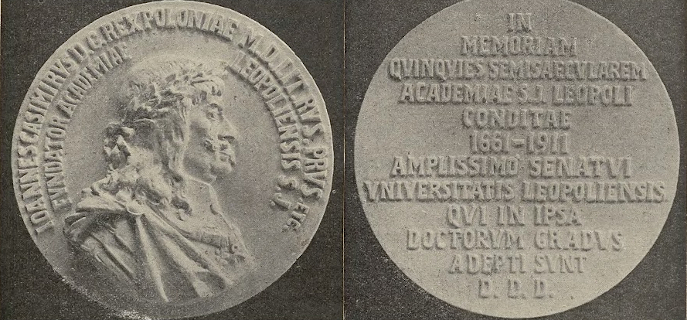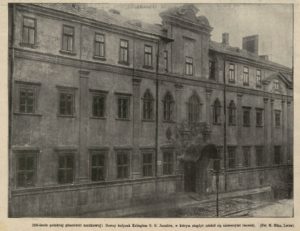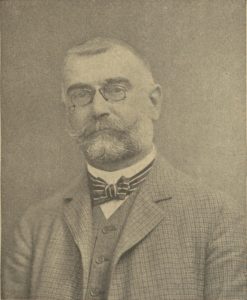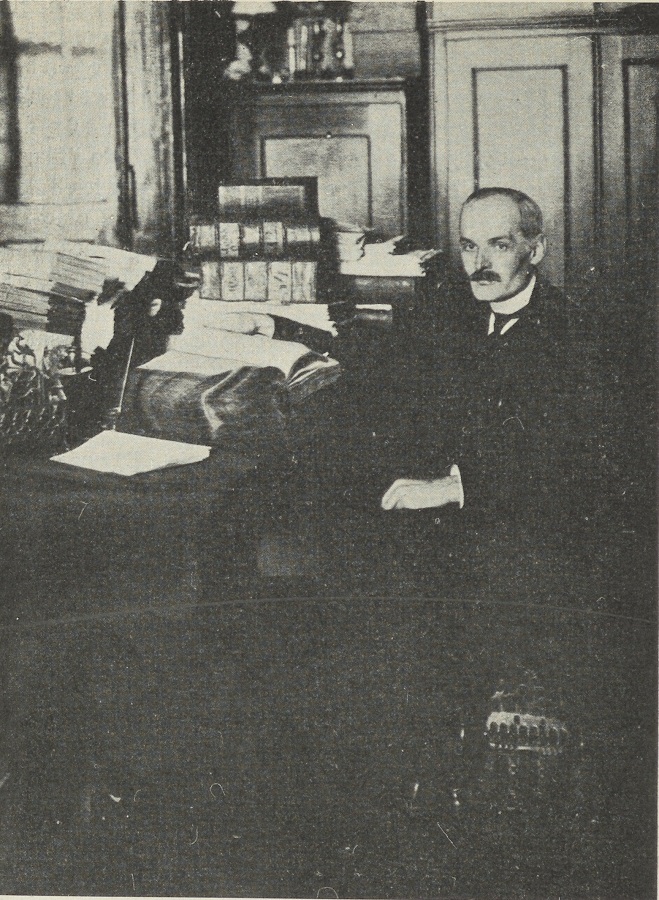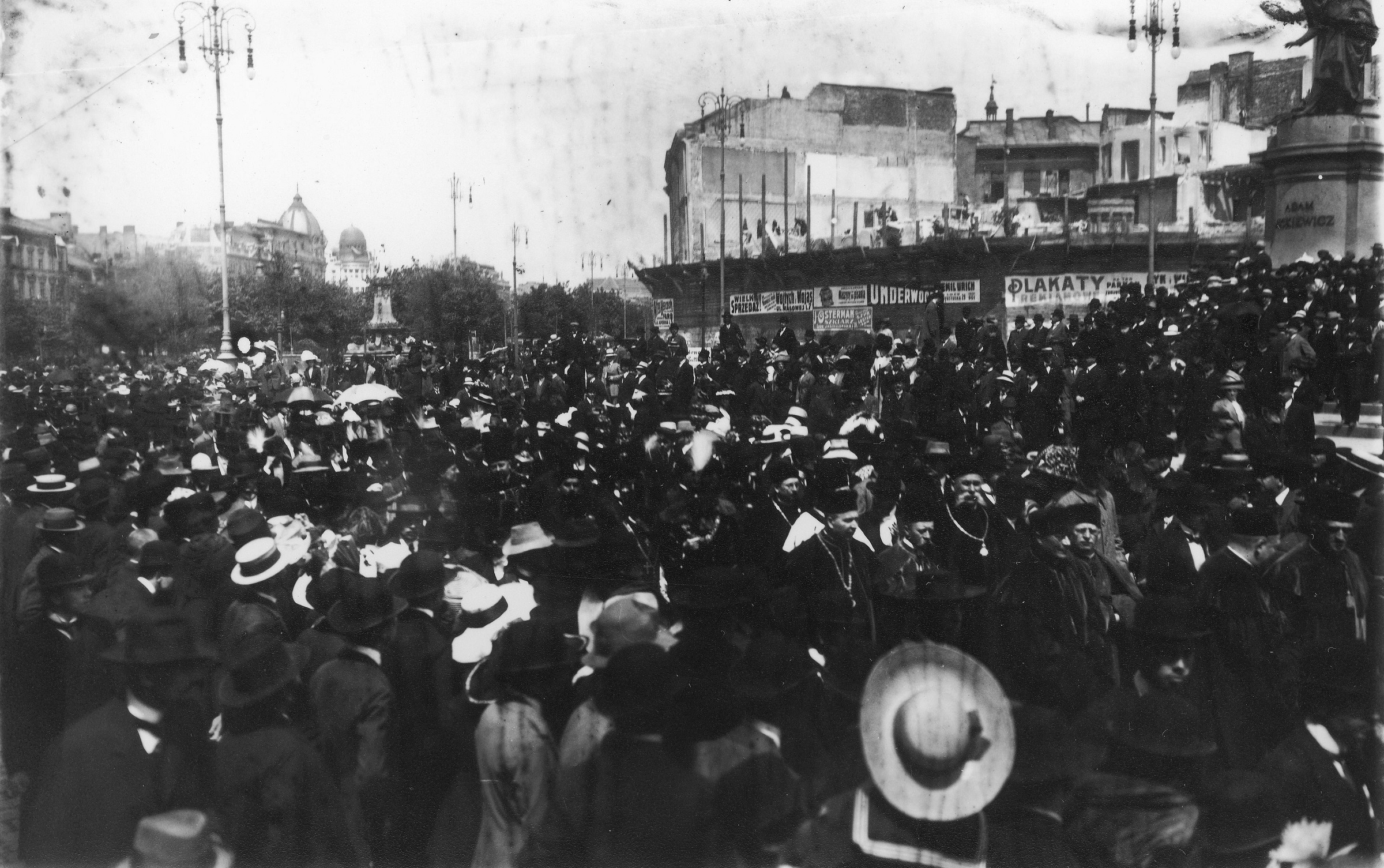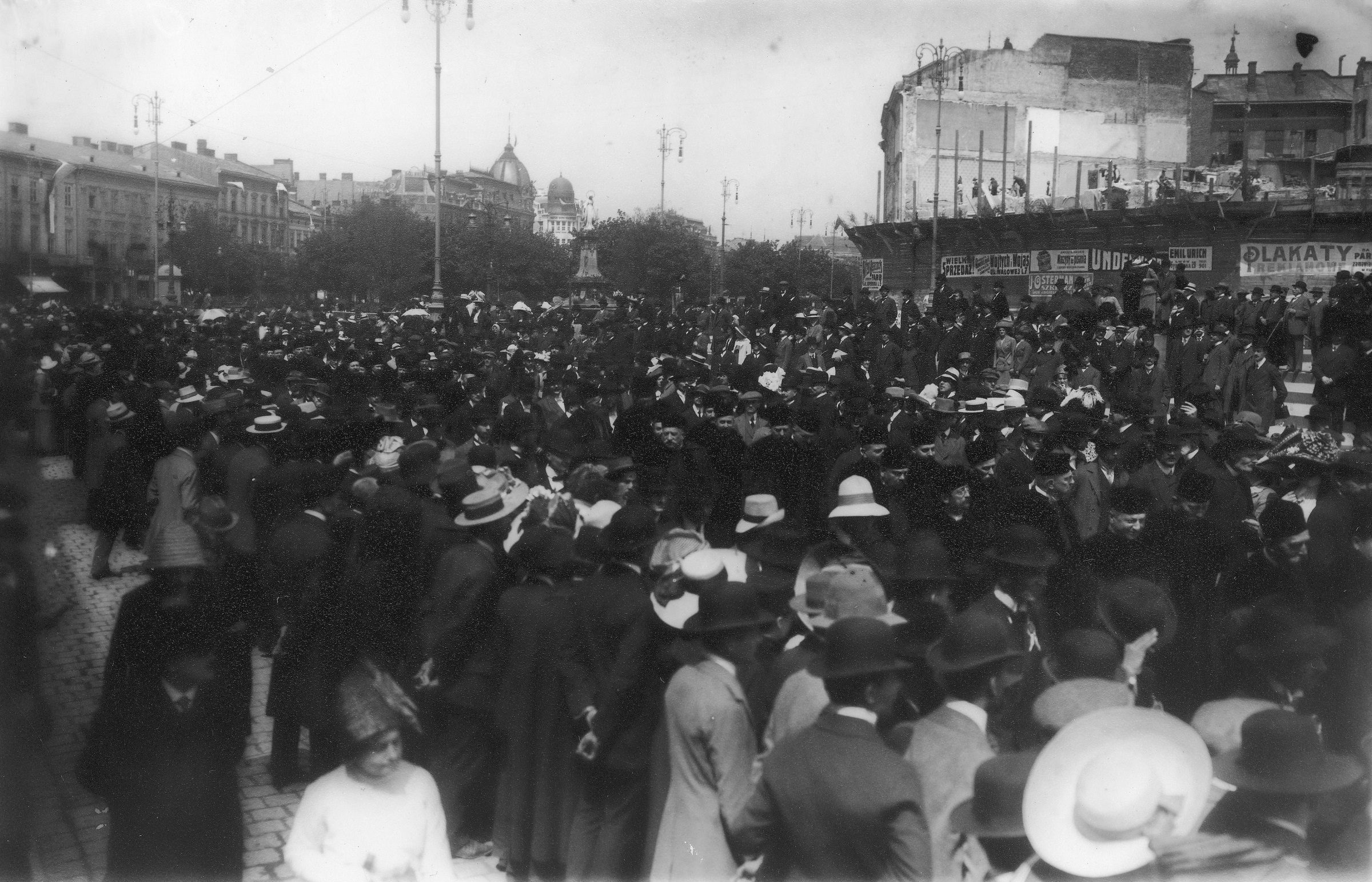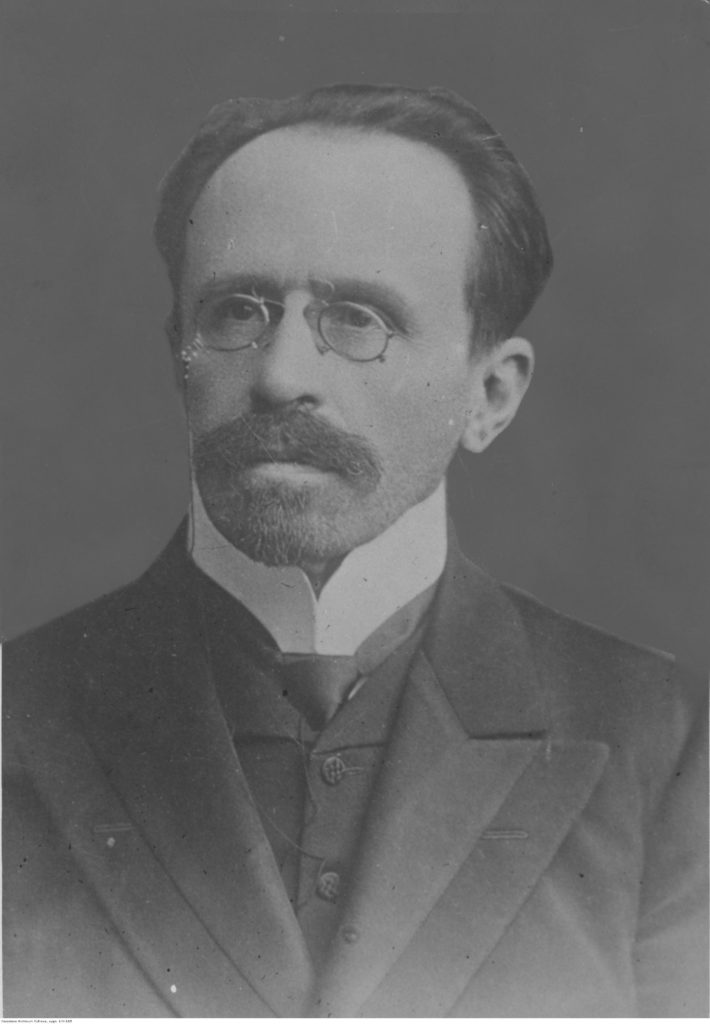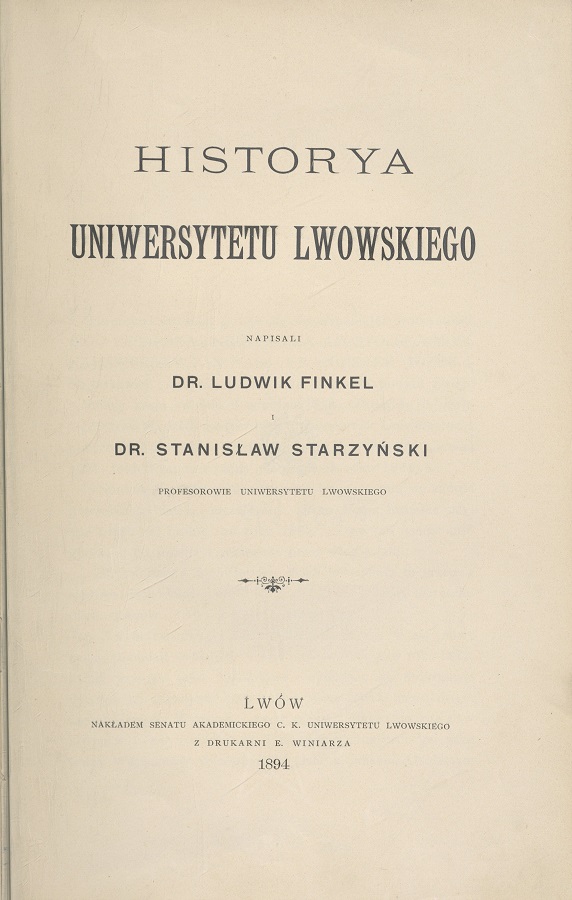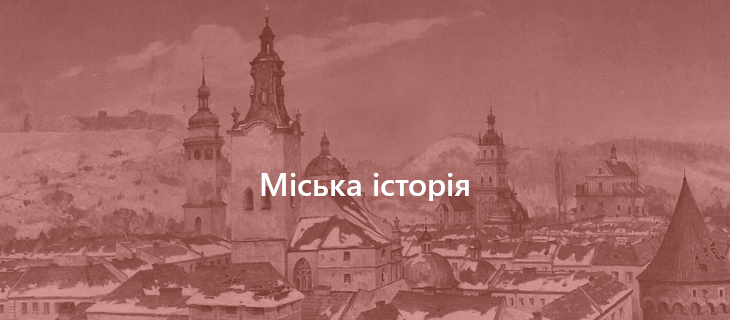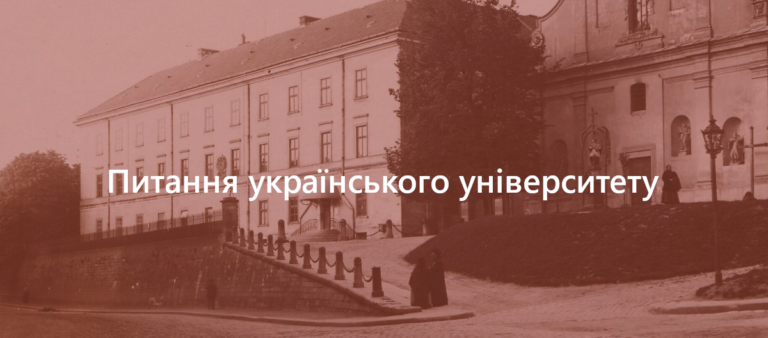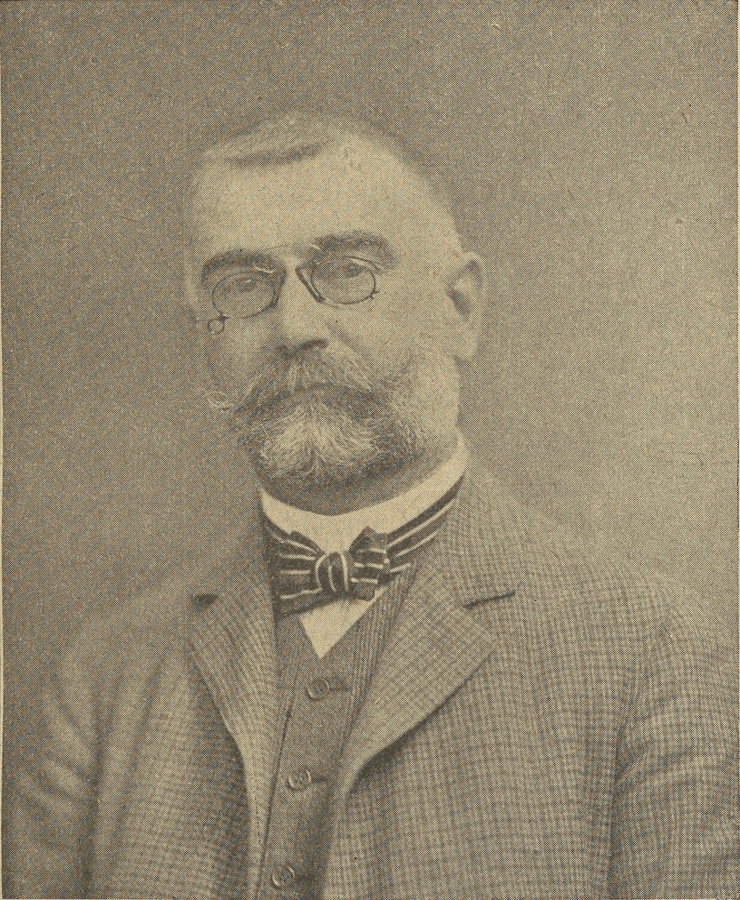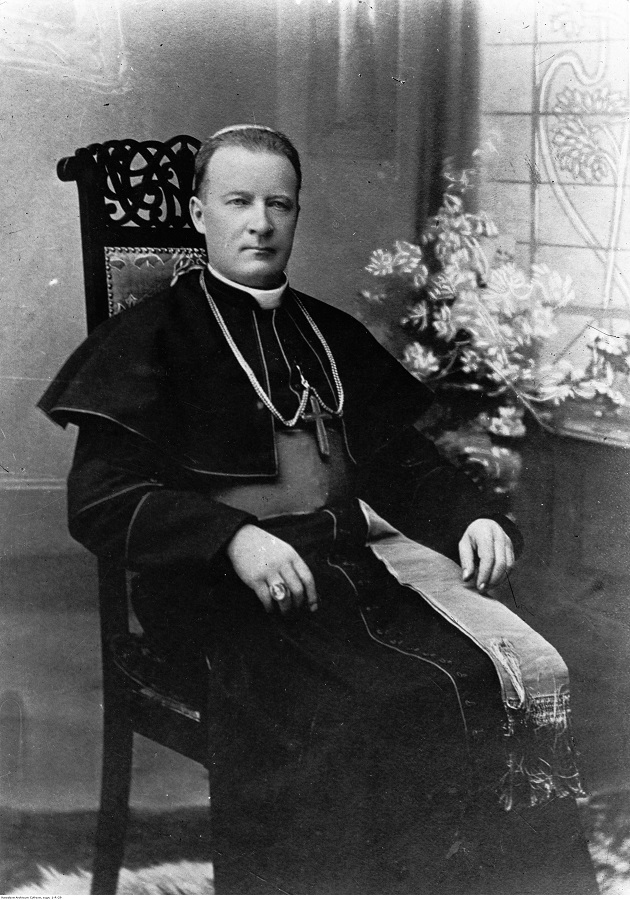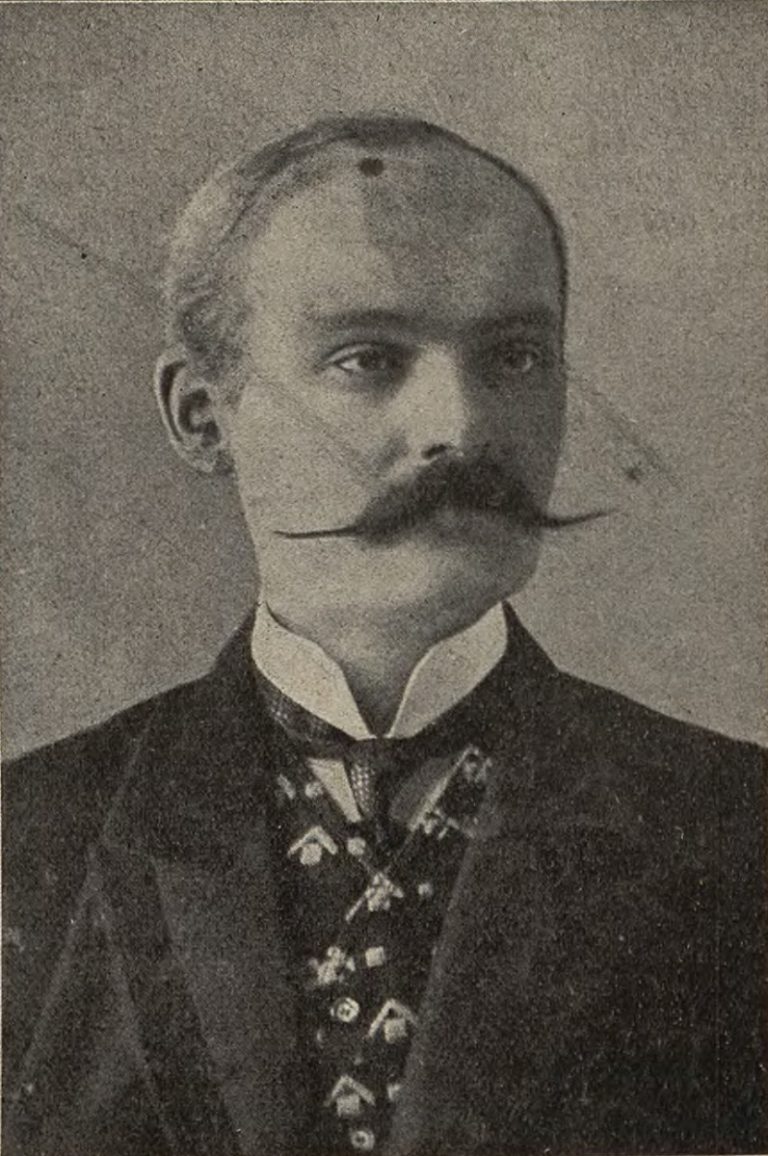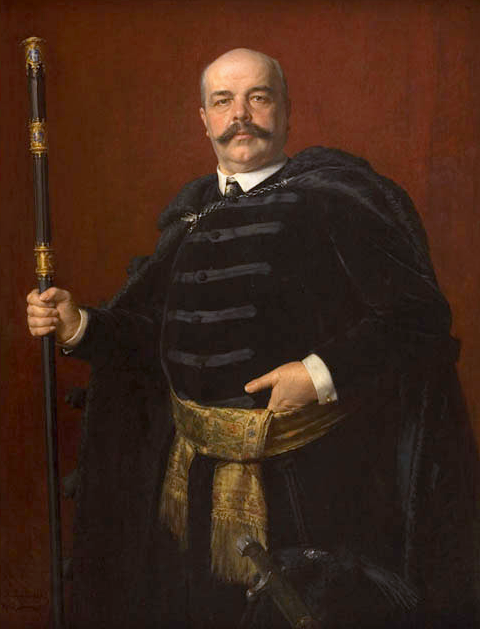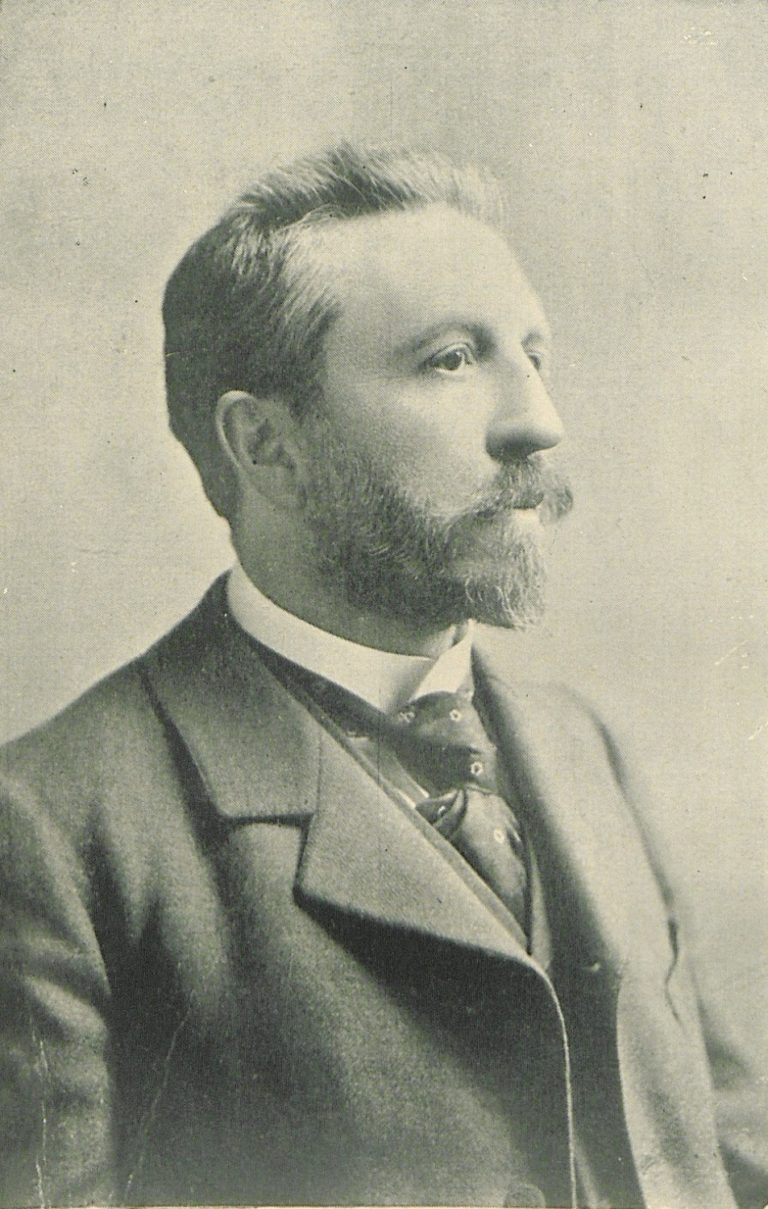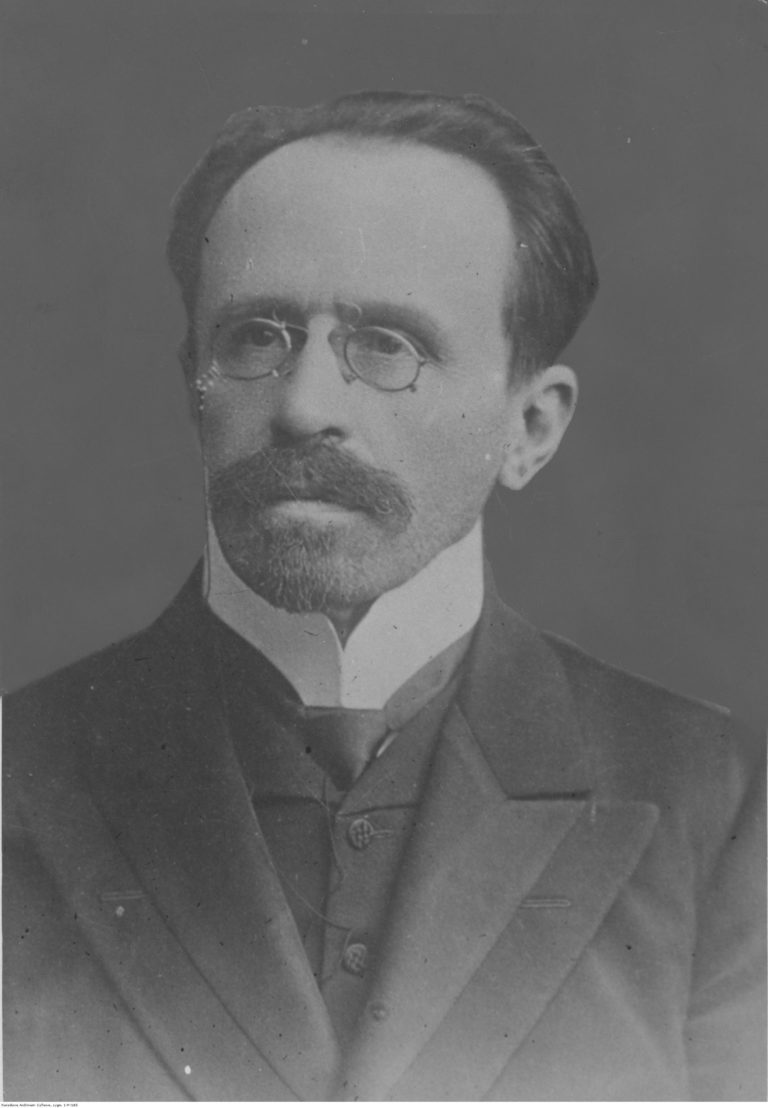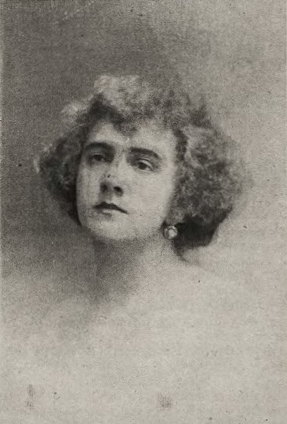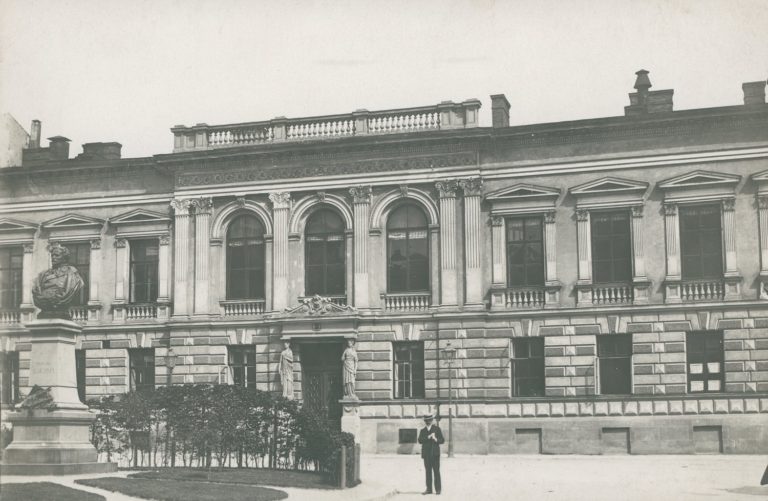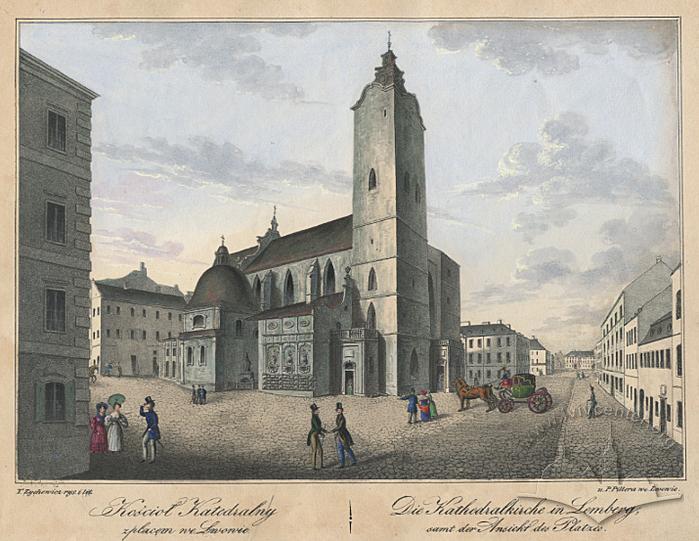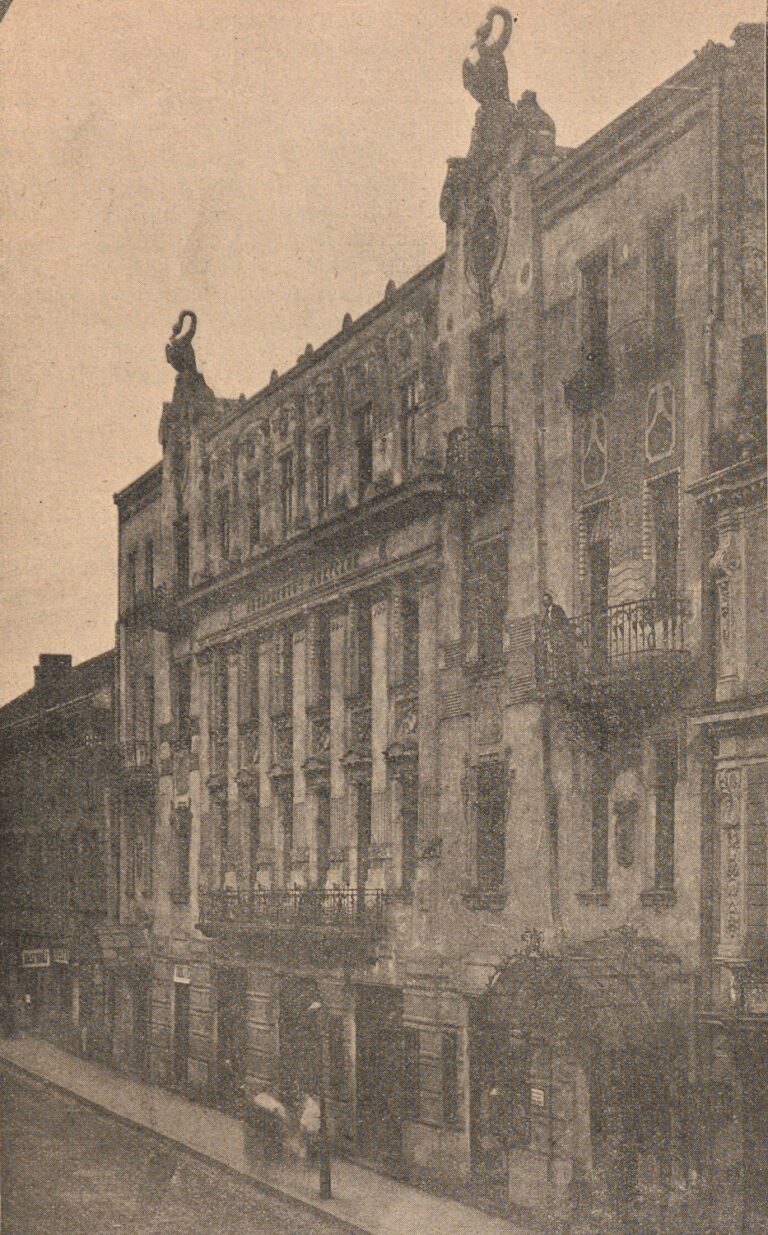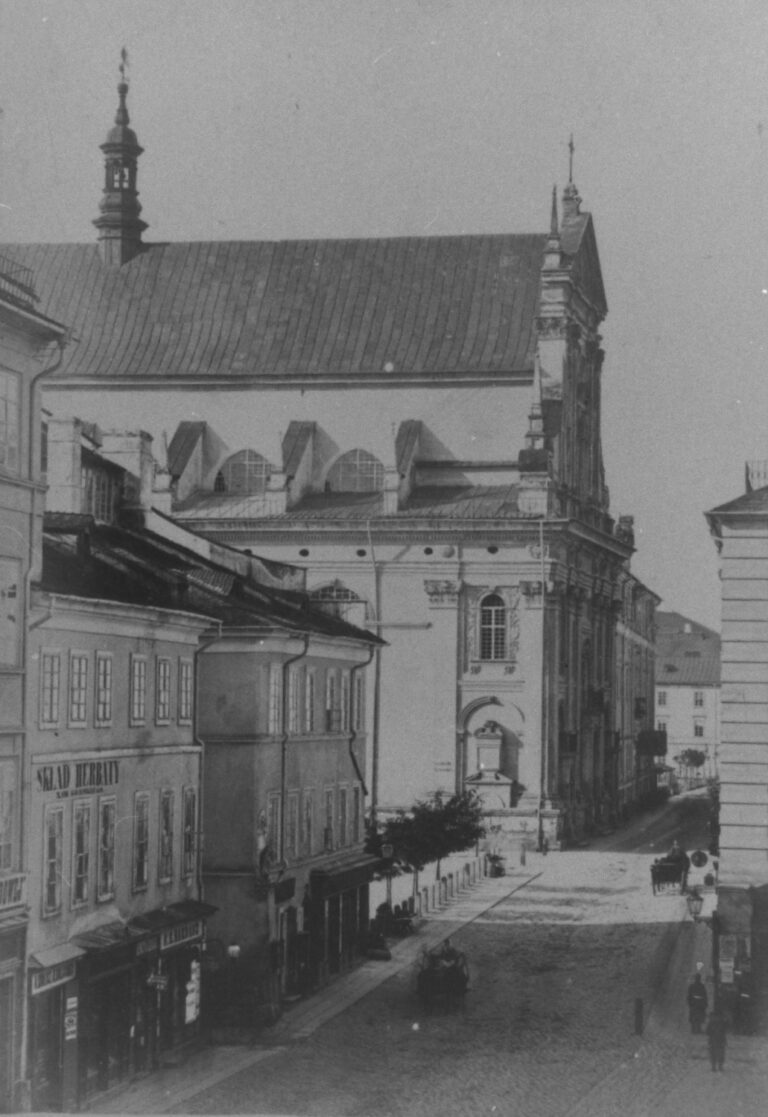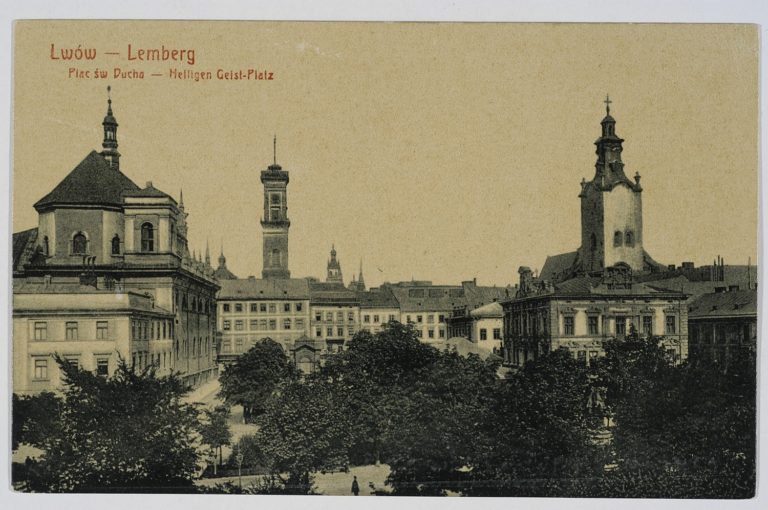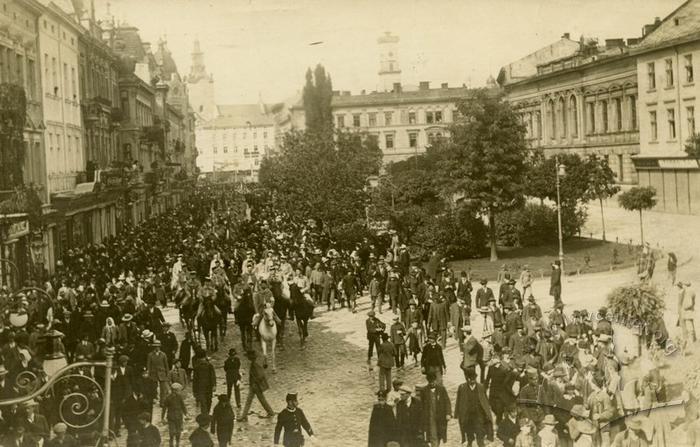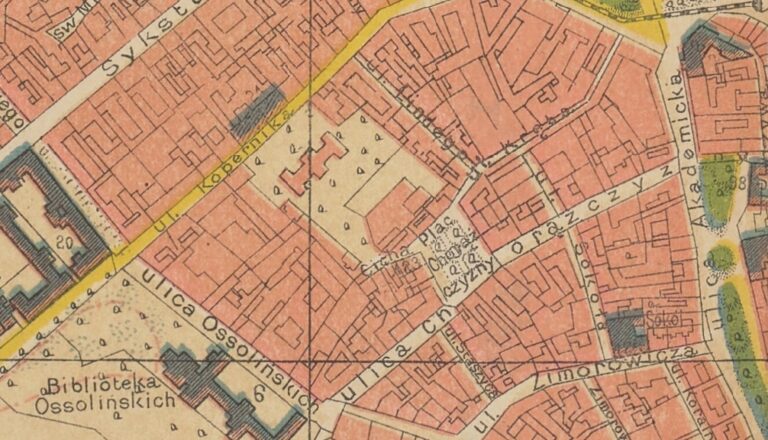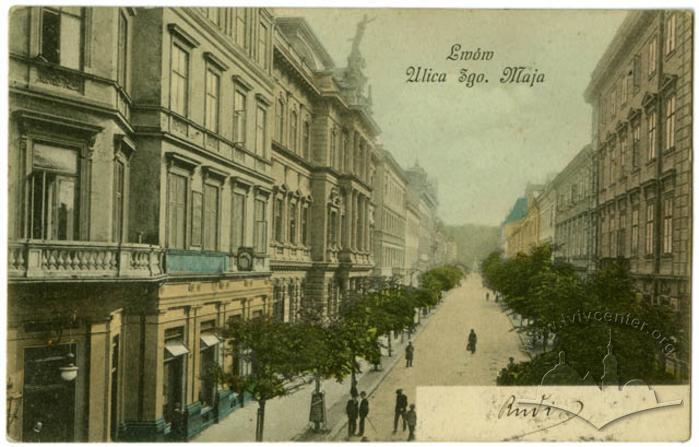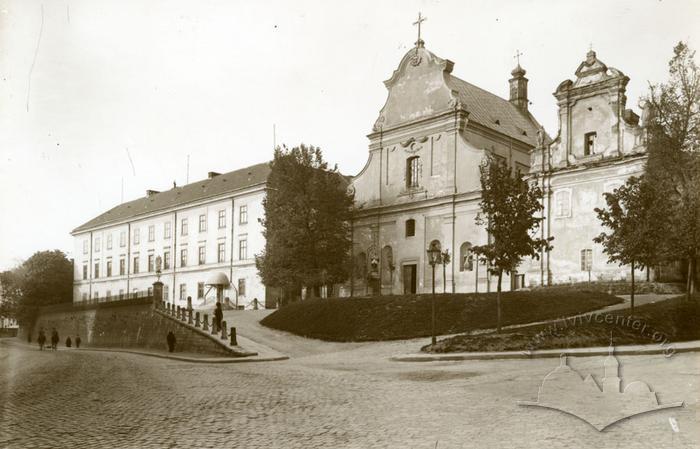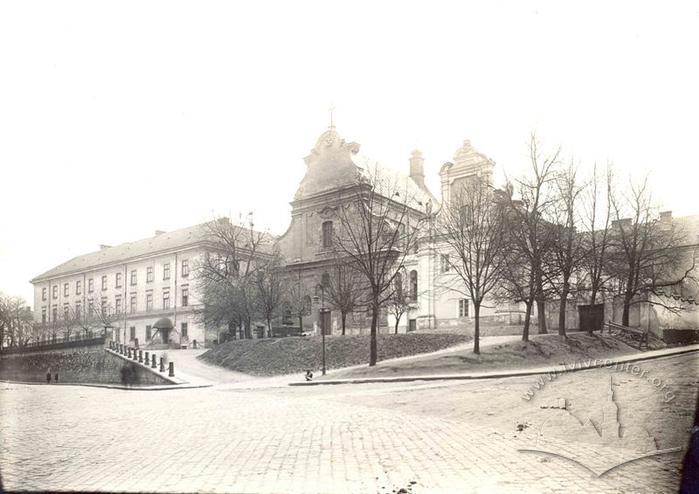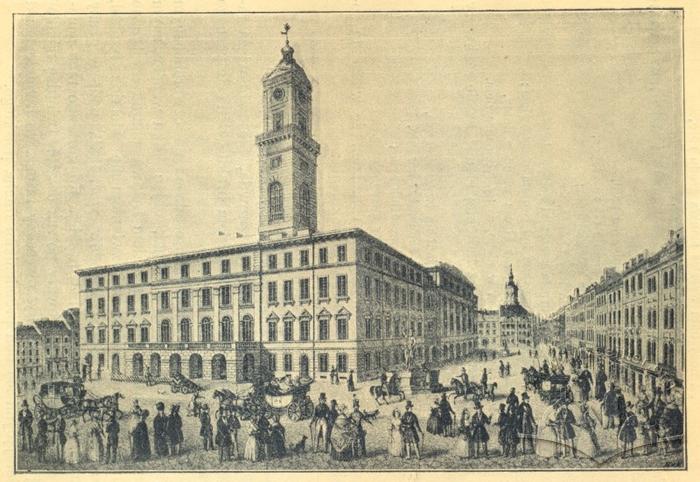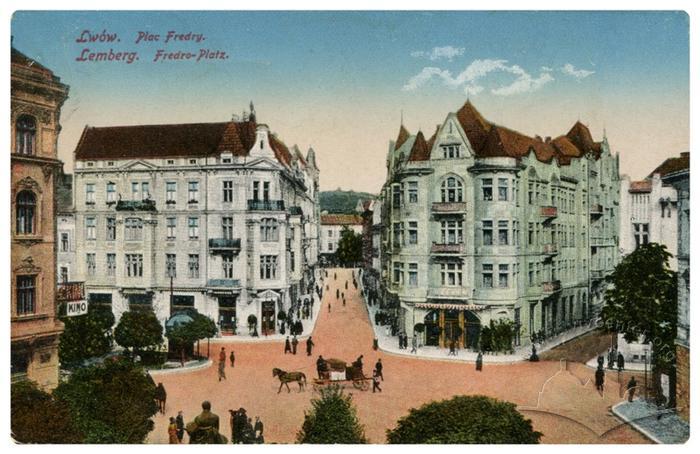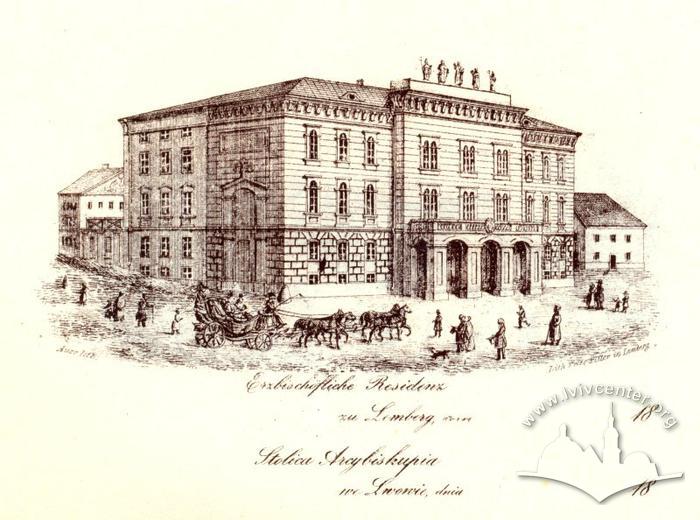In 1912, Lviv decided to celebrate the "250th anniversary of the university", taking as a starting point the year 1661, when the Jesuit Academy was founded.
Along with the problem of electoral legislation and "fair representation", the issue of education and of the university as its important element was a cornerstone of national policy in the early 20th century.
During this period, one of the most important confrontations (a real matter of principle) between Polish and Ukrainian activists continued: it was about the right to open a Ukrainian university in Lviv. Although the peak of the conflict was already over, the controversy carried on: meetings and rallies were held periodically, deputies presented their arguments at the State Council sittings.
Therefore, it was not just an anniversary of an educational institution, but rather another argument in a broader discussion about the nationality of the city of Lviv in which the statements about the "bastion of national education and culture" or the "connection with the old days" were not just beautiful phrases but real arguments in disputes about the right of Ukrainians to have their own university in Lviv.
Before the celebration
There was a fierce controversy in the press about whether there were grounds to consider the founding of the Jesuit Academy in 1661 the beginnings of Lviv University. On the one hand, the official founder was considered to be the Austrian emperor, the fact Ukrainian newspapers did not forget to mention on every occasion. On the other hand, there was the history of the Lviv Jesuit Academy to which the Poles appealed. This history, from the anniversary organizers' point of view, dated back to the period of the 1658 Treaty of Hadiach between the Cossack Hetman Ivan Vyhovskyi and the King of the Polish-Lithuanian Commonwealth Jan Kazimierz. The agreement provided for the opening of two Orthodox academies, so, to prevent this from happening in Lviv, the Jesuit monks decided to turn their college into an academy. After all, "there was no place in Lviv for two academies." Despite the fact that the Sejm did not approve the royal privilege, the institution continued to function. In 1759, King August III granted a new privilege, while Pope Clement XIII issued a corresponding bull, so the need for approval by the Sejm seemed to disappear.
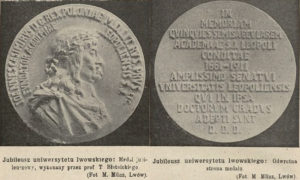
A commemorative medal depicting King of the Commonwealth of Poland Jan Kazimierz, made for the celebration
Accordingly, from the point of view of those who supported the celebration of the "250th anniversary of Lviv University", the Austrian government in 1784 created an educational institution not out of nowhere. In addition to the "history", there was also the appropriate material base: the premises and the library. And most importantly, this history confirmed not just the "Polishness", "heredity" and "age" of Lviv University, but also the ability and "historical right" of the Poles to the University of Lviv. After all, from the Polish activists’ point of view, society had no right to forget the past, even if the past in question had no legal force. Like, for example, the "vows of Jan Kazimierz" (“entrusting Poland under the protection of the Blessed Virgin Mary") or the constitution of the 3rd of May.
On the other hand, Ukrainians actively protested against such instrumentalization of the past. Kost Levytskyi stated at a parliamentary session that there had been and was no "Polish University of Jan Kazimierz." There was the University of Lviv, founded by the Austrians, in which the languages of instruction were the official languages of the province — Polish and Ruthenian. Therefore, until the issue of founding a Ukrainian university was resolved, neither should the existing university be treated as Polish, nor should the actions of the Austrian emperor be attributed to the Polish king. Such a policy, according to the Ukrainian member of parliament, damaged interethnic relations in the region and provoked a new confrontation.
Nevertheless, the anniversary organizers sent a long story about "250 years since the first founding of Lviv University by King Jan Kazimierz of Poland" to various universities and academies around the world, along with a reminder of the "situation on the very boundaries of Western culture." The last wording, addressed to foreign readers, was a modified statement about the "stronghold of the spirit on the eastern borders of Poland", which was regularly published in the local press.
The special role of Lviv as a city that "should work for the rest of the Polish lands" was not forgotten either. After all, the conditions for national development in the Russian and German parts of the former Polish-Lithuanian Commonwealth were much worse than the situation of Poles in the Austro-Hungarian Empire. Accordingly, the level of Polish science was equated with the level of Lviv University.
The organizers did not forget to mention the competition between Lviv and Krakow. In particular, they recalled the resistance of professors of the Jagiellonian University in Krakow to the opening of a university in Lviv in the 17th century. However, now, under Austrian rule, and even more so during the confrontation with the Ukrainians, this long-standing enmity was discarded, as evidenced by the participation of delegates from Krakow in the Lviv celebrations.
Given the need to demonstrate the consciousness of the masses, the anniversary organizers paid considerable attention to the mobilization of their supporters. The city's president, Józef Neumann, signed an appeal to residents (the text was pasted on the walls and fences), urging them to decorate their homes with "national colours" and take an active part in the events. The Sokoł Society ordered its members to come to the festive church service in uniform.
The course of the event
On May 28, 1912, at 9 a.m., a rout was held at the City Casino, organized by professors for guests (mainly scientists from the Russian part of Poland and representatives of the local elite, as well as some students, about 500 people in total). The halls were decorated with palm trees and flowers from the Lviv botanical garden. At 11 a.m., guests were invited to the table; then a brochure by Franciszek Jaworski, dedicated to the anniversary of the University, was given as a gift to everyone in the audience.
- Францішек Яворський за роботою в Міському архіві / Franciszek Jaworski at work in the City Archives
- Титульна сторінка брошури Яворського / The title page of Jaworski's brochure
On Wednesday, May 29, the festivities began at 9 a.m. with a divine service at the Latin cathedral in which the archbishop took part. The church was festively decorated with flowers, members of the University Senate in "togas" were positioned in places of honour. Next to them sat Marshal Stanisław Badeni, professors from Krakow, Budapest and Chernivtsi, rectors of Lviv Polytechnic and Veterinary Academy. Deputies of the State Council, the Sejm, the City Council, representatives of various organizations, the "falcons" (members of the Sokoł Society), representatives of the academic youth were also present in the church. After the service and a sermon given by Archbishop Józef Bilczewski, a concert of the student choir and a performance by the famous opera singer Janina Korolewicz-Waydowa took place.
After the service, a festive march began to take shape at approximately 10 a.m., its route running along ul. Teatralna, St. Spirit Square, ul. Karola Ludwika, ul. Akademicka and ul. Chorąszczyzna to the Music Society building. A solemn assembly started there at 11 a.m. Passing the monument to Adam Mickiewicz, where the largest number of spectators gathered, the participants shouted "Long live the Polish university!"
The professors of the University and the guests were accommodated in the hall itself, while the ladies took their places on the balcony. After the performance of a special cantata in honour of the University, there were speeches by the rector Ludwik Finkel, who actually initiated the idea of the "250th anniversary of the foundation", the President of Lviv Józef Neumann, the invited professors from Lviv, Chernivtsi, Krakow. At the end there was a music program, as well as the announcement of new honorary doctors of Lviv University.
- Людвік Фінкель / Ludwik Finkel
- Титулка "Історії львівського університету" співавторства Фінкеля / The title of the History of Lviv University, co-authored by Finkel
At 6 p.m. a dinner was held at Archbishop Józef Bilczewski's residence.
At the end of the day there was another procession, this time with a demonstration in the open air. After eight o'clock in the evening, groups of people began to gather on ul. Trzeciego Maja, ul. Marszałkowska, ul. Słowackiego and ul. Karola Ludwika. On ul. Karola Ludwika, the procession looked like this: at the head of the column were students with a standard and several torches, a little aside there was a detachment of firefighters (they kept order later), then there were organizations, societies with standards, students with torches, two orchestras and simple passers-by. In total, several thousand people took part in the event. From ul. Karola Ludwika people went to ul. Akademicka and to the University building. Patriotic songs were sung there, the orchestras played folk melodies, and slogans like "Long live the Polish University!", "Long live the Senate!", "Long live President Neumann!" were periodically heard. The speeches at this rally, including the rector's, essentially repeated the theses delivered during the solemn assembly and expressed in the press before. It was about the Polish character of the University, the national character of education and science, as well as the "defense of Polishness."
A similar program took place near the City Hall, where part of the audience came after the events near the university. The only difference is that near the City Hall it was clearly stated that there could be no other university in Lviv except the Polish one.
Around 10 p.m., mass events in the city center ended. The audience dispersed, and the students moved to the Strzelnica (Shooting range) for a festive meeting of student societies members. There was a reception for professors and students, a total of about 1,000 people, which ended around midnight. The celebration then moved to the Roma and Szkocka coffee houses.
Interpretation and consequences
The organizers (they were local politicians: members of the City Council and President Józef Neumann) made no secret of the fact that they were "discovering a forgotten history", i.e. actualizing the past until 1772, when Lviv became incorporated into the Habsburg Empire. Part of this rethinking was the shift of emphasis from the Josephine University to the Jan Kazimierz University. Although the latter did not have the right to award scientific degrees, its rector not recognized in this capacity by other universities, it "engaged in science and transmitted the scientific spirit."
The democratic Kurjer Lwowski openly wrote that there was a struggle for Lviv University. So the anniversary events can be interpreted as a mobilization of forces.
As for the cautious position of the governorate, it was criticized by both Ukrainians and Poles, despite the fact that the government-run Gazeta Lwowska provided information entirely in the spirit of Polish patriotic circles. For example, the Polish democrats believed that governor Michał Bobrzyński "once again left the city during the mass celebrations," leaving police and military detachments on duty near the governorate building. It was also noted that at rallies near the University and the City Hall there were calls against Michał Bobrzyński himself. Although it should also be mentioned that it was in those days that Lviv was visited by Archduke Karl Franz Josef. Therefore, naturally, the governor's attention was focused on the high guest and not on another patriotic demonstration.
From the Ukrainian point of view, the "imaginary 250-year existence" was part of the Polish policy, an argument in the struggle against the establishment of a Ukrainian university. Given the difficult relations with the Jesuits, the whole story was also interpreted as "Jesuit tricks."
